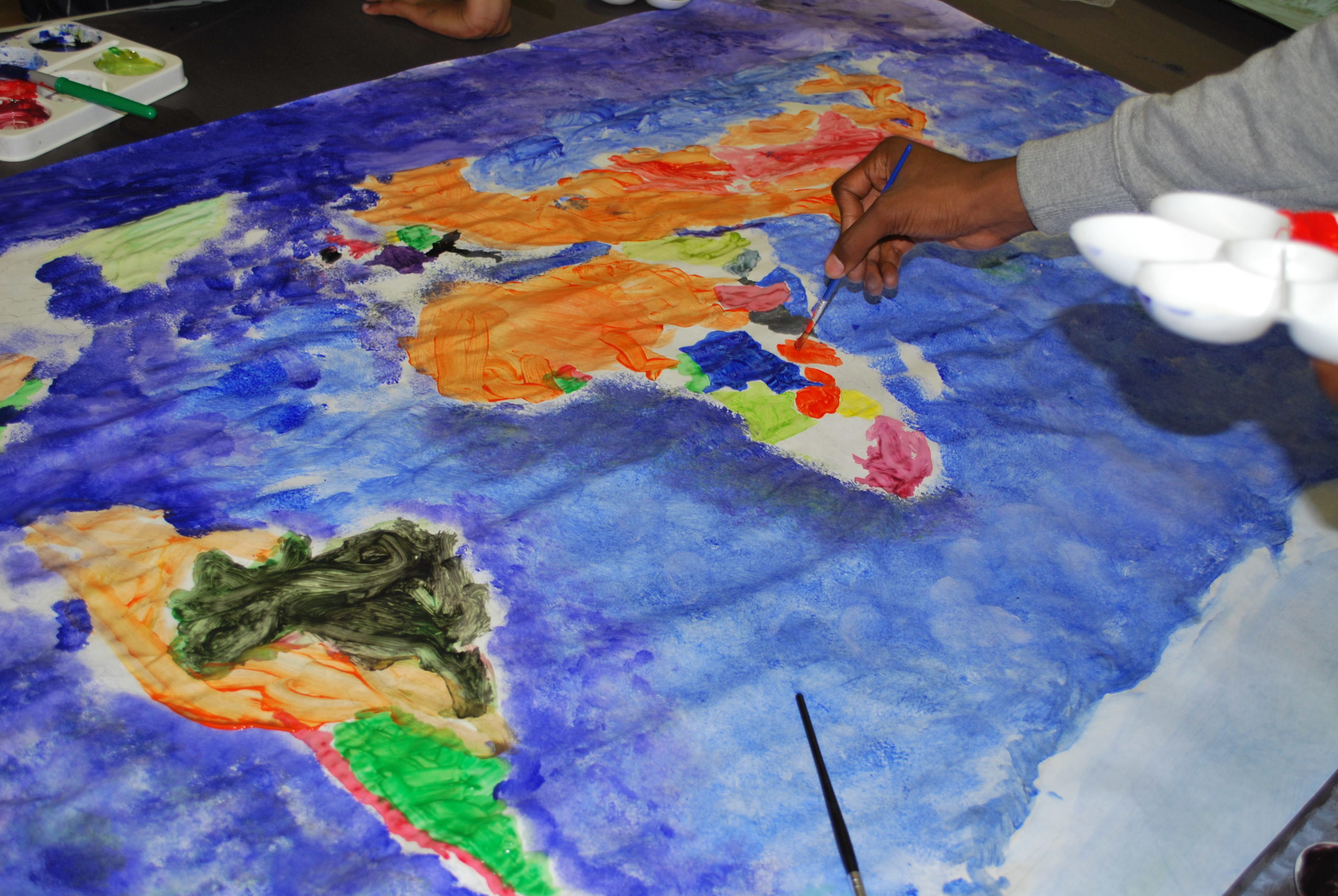Language plays a key factor in the protection of familial ties for families who have members in different countries across the world. Transnational families live apart and are now able to maintain relationships with their families who remain in their country of origin better than ever before due to the rise in accessibility of online communication. Kinship has always been viewed as the strongest connection in life, and this is being maintained through the rise in virtual communities. Families are able to communicate without time or distance being a limiting factor, so their relationships can still flourish. Transnational families are able to maintain an identity with their country of origin, by speaking with their families in their mother tongue, whilst establishing an identity within their host country. Digital communication facilitates migrants with the opportunity to stay in contact with their home country when arriving into the new destination, leading to a smoother move and a lessened impact to confidence, identity and relationships.
Online communication is not the only part of language that helps transnational families, the spoken language within the host countries community and their place of origin also plays a large role. The preservation of the L1 language is desirable for transnational families, but the notion of family language policy explains that language plays a big role where children pick up the L2 language of the host country and often translate for family members. This child is able to maintain an identity in their country of origin and with family members, whilst also creating a new identity amongst school friends, work peers and the community in the country that they emigrated to. This decision of language identity and speaking is one that can only be made by the transnational family members, choosing whether to teach their children the language of the origin country and speak it within the household and or to learn the host country language to communicate when needed. This agreement between family members could affect the younger generations’ integration into society and relationship with their geographical background.
Language for this type of family enables identity and growth, it is a safety blanket that protects tradition and old roots. However, it can also lead to the development of an individual in their new place of settlement. Digital communication’s growth over the years has enabled for the continuation of kinship relationships overseas and across the world, with the notion of transnational families becoming a positive experience for many people.
This post was written by Alice Rowley, Language and Migration in the Department of English Language and Applied Linguistics, University of Reading for the Transnational Families in Europe research project which investigates the relationships between care, inequalities and wellbeing among different generations of transnational families in the UK, Spain, France and Sweden.

